SGGP
Electrification is playing a key role in China's decarbonization, especially in sectors such as steel, construction and transportation.
China's electrification drive has been progressing steadily over the past few years, along with rapid decarbonization of the country's power supply, according to China Daily.
It is an important strategy for China to achieve net zero by limiting and significantly reducing energy consumption through improving energy efficiency, said Gong Ji Cheng, a researcher at the College of Environmental Science and Engineering at Peking University. The remarks were made during the launch of China's integrated roadmap for carbon neutrality and clean air, co-hosted by Tsinghua University, the Chinese Academy of Environmental Planning, Peking University, Nanjing University of Information Science and Technology, and the National Energy Administration in Beijing recently.
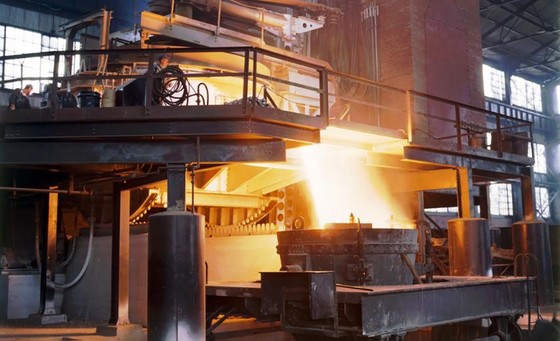 |
| Electric arc technology for melting steel at a factory in China |
Electrification means replacing fossil fuel-based technologies or processes, such as internal combustion engines and gas boilers, with electrically powered equivalents, such as electric vehicle motors or heat pumps. These replacements are often more efficient, reduce energy demand and have an increasing impact on emissions as electricity generation is decarbonized, the International Energy Agency says.
For example, in the transportation sector, China has been a pioneer in the development and promotion of electric vehicles. The increasing adoption and expansion of these vehicles have contributed significantly to a cleaner and more sustainable transportation system. Electrification in the steel industry, such as the deployment of electric arc furnaces, which heat materials with an electric arc, can also significantly improve the energy efficiency of the steel industry and reduce emissions of major air pollutants, such as nitrogen dioxide (NO2), by more than 80% by 2060.
According to the China Electricity Council (CEC), the current share of electricity in China's energy consumption is 27%, higher than the world average, and is expected to exceed 30% by 2025. The electrification rates in China's industrial and construction sectors are 26.2% and 44.9%, respectively. The figure is only 3.9% in the transportation sector, while the country is moving towards electrification of transportation, the CEC said.
According to Yang Kun, Executive Vice President of CEC, China will vigorously promote the replacement of coal and oil with electricity in various sectors, including industry, transportation, construction and agriculture. With significant potential for reducing emissions and decarbonizing the energy supply chain, electrification is and will be an important strategy to achieve China's emissions targets.
The electrification journey is not without its challenges, however. The transition away from fossil fuels requires technological breakthroughs, investment and government planning, said Luo Zuoxian, head of intelligence and research at the Sinopec Institute of Development and Economic Research. In addition, power generation needs to shift to renewable resources, while the grid needs to expand its capacity and flexibility to meet rising electricity demand.
Source


![[Photo] Ho Chi Minh City after 50 years of national reunification through buildings and symbols](https://vstatic.vietnam.vn/vietnam/resource/IMAGE/2025/4/15/a224d0b8e489457f889bdb1eee7fa7b4)
![[Photo] National Assembly Chairman Tran Thanh Man attends the summary of the organization of the Conference of the Executive Committee of the Francophone Parliamentary Union](https://vstatic.vietnam.vn/vietnam/resource/IMAGE/2025/4/15/fe022fef73d0431ab6cfc1570af598ac)
![[Photo] General Secretary To Lam meets with veteran revolutionary cadres, meritorious people, and exemplary policy families](https://vstatic.vietnam.vn/vietnam/resource/IMAGE/2025/4/15/7363ba75eb3c4a9e8241b65163176f63)
![[Photo] Air Force actively practices for the April 30th celebration](https://vstatic.vietnam.vn/vietnam/resource/IMAGE/2025/4/15/16fdec3e42734691954b853c00a7ce01)

![[Photo] Welcoming ceremony for Prime Minister of the Federal Democratic Republic of Ethiopia Abiy Ahmed Ali and his wife](https://vstatic.vietnam.vn/vietnam/resource/IMAGE/2025/4/15/77c08dcbe52c42e2ac01c322fe86e78b)
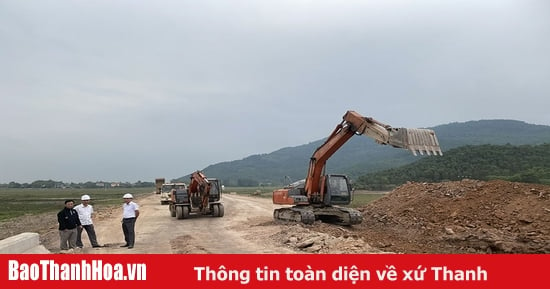

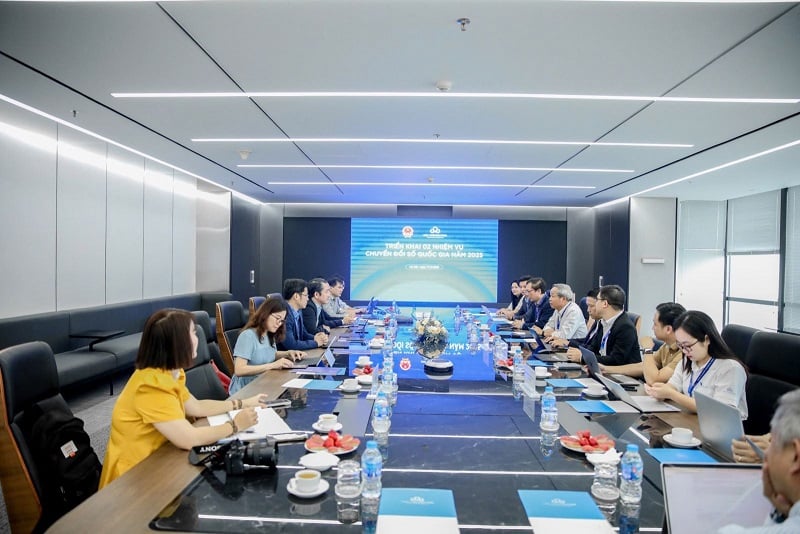

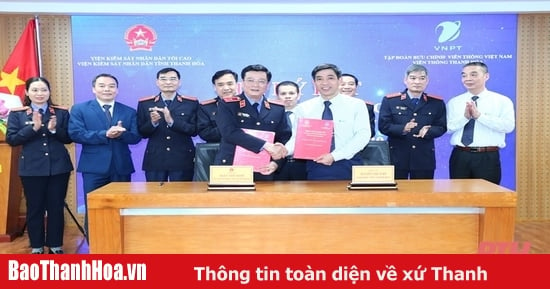






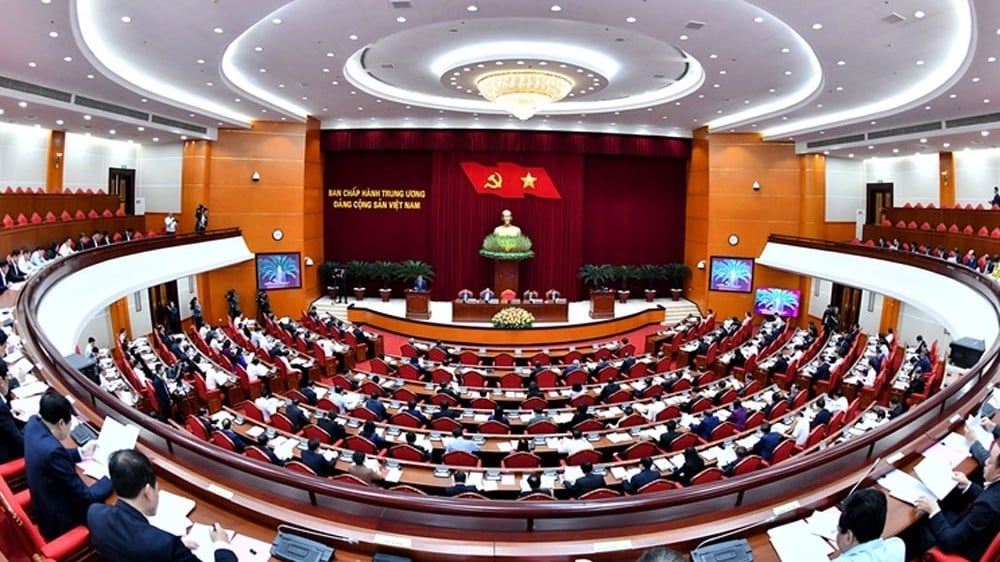

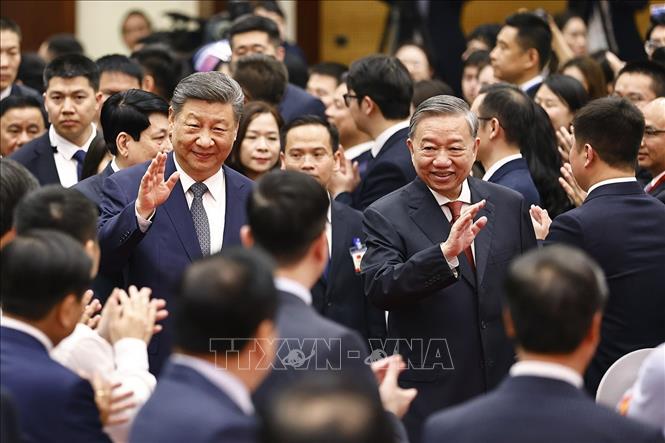










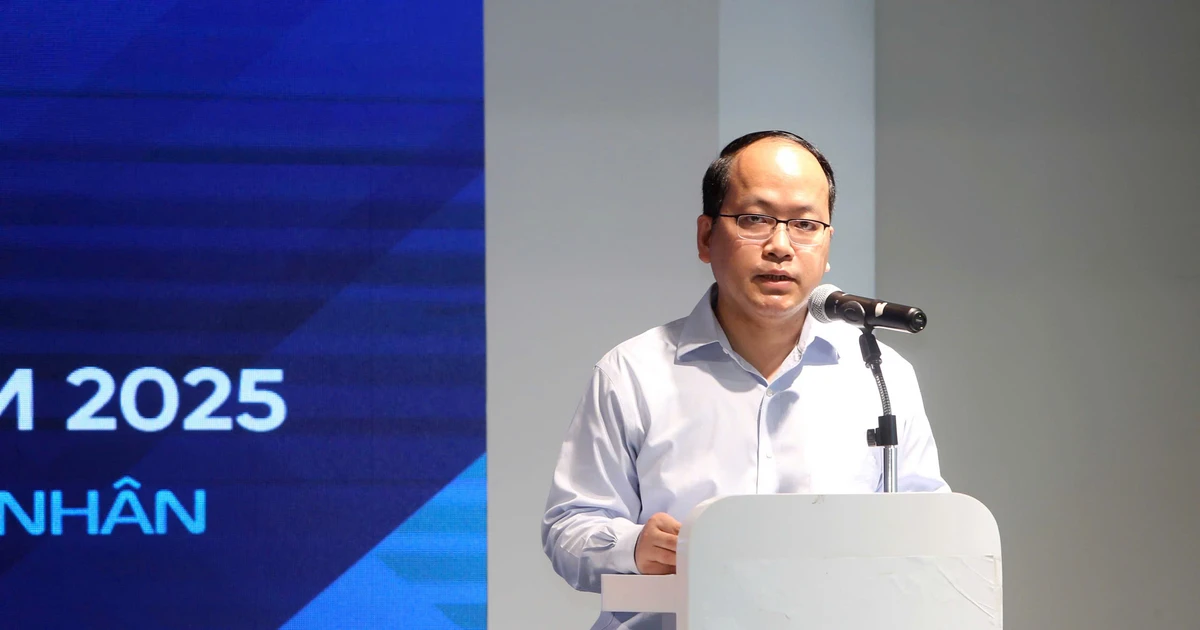

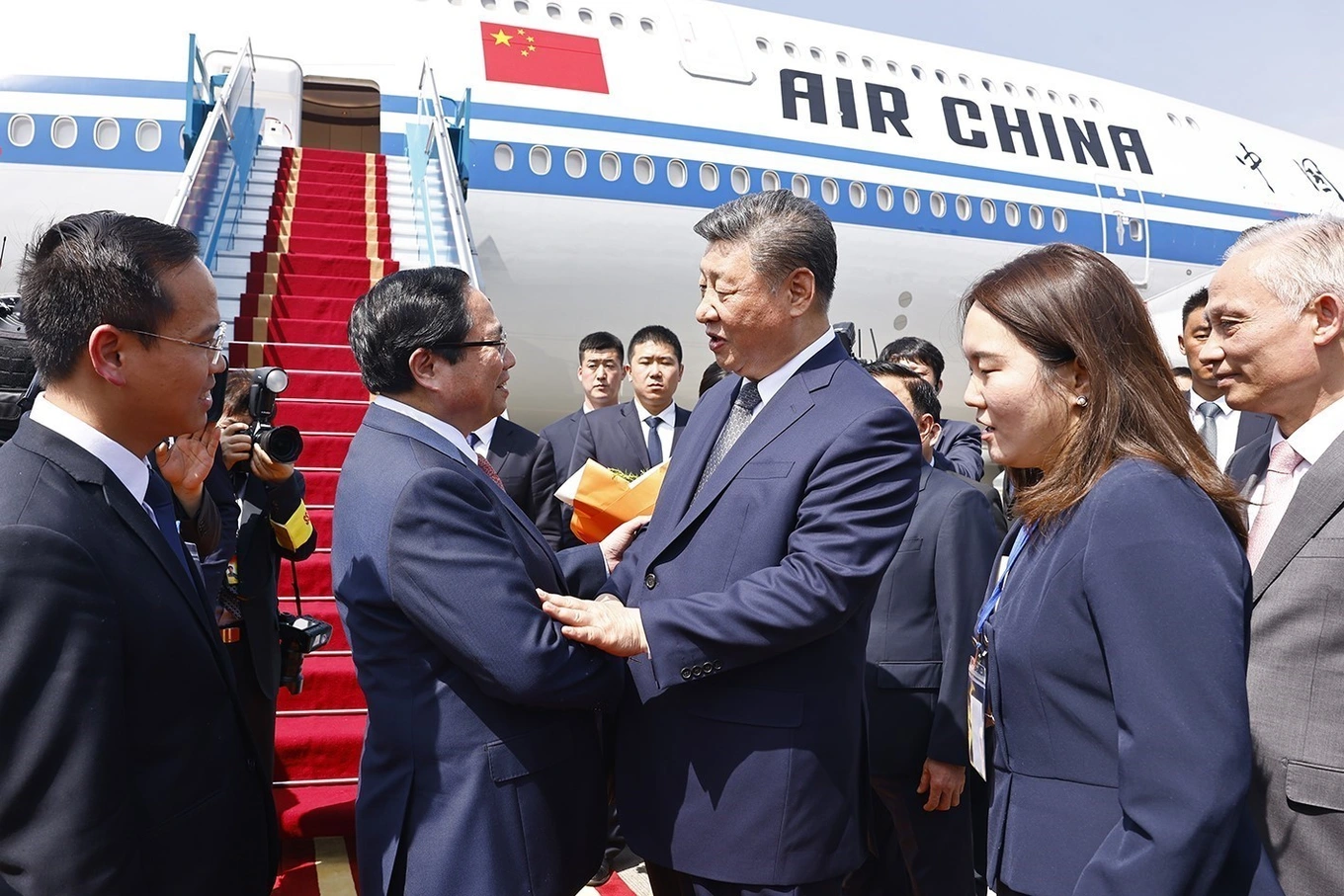










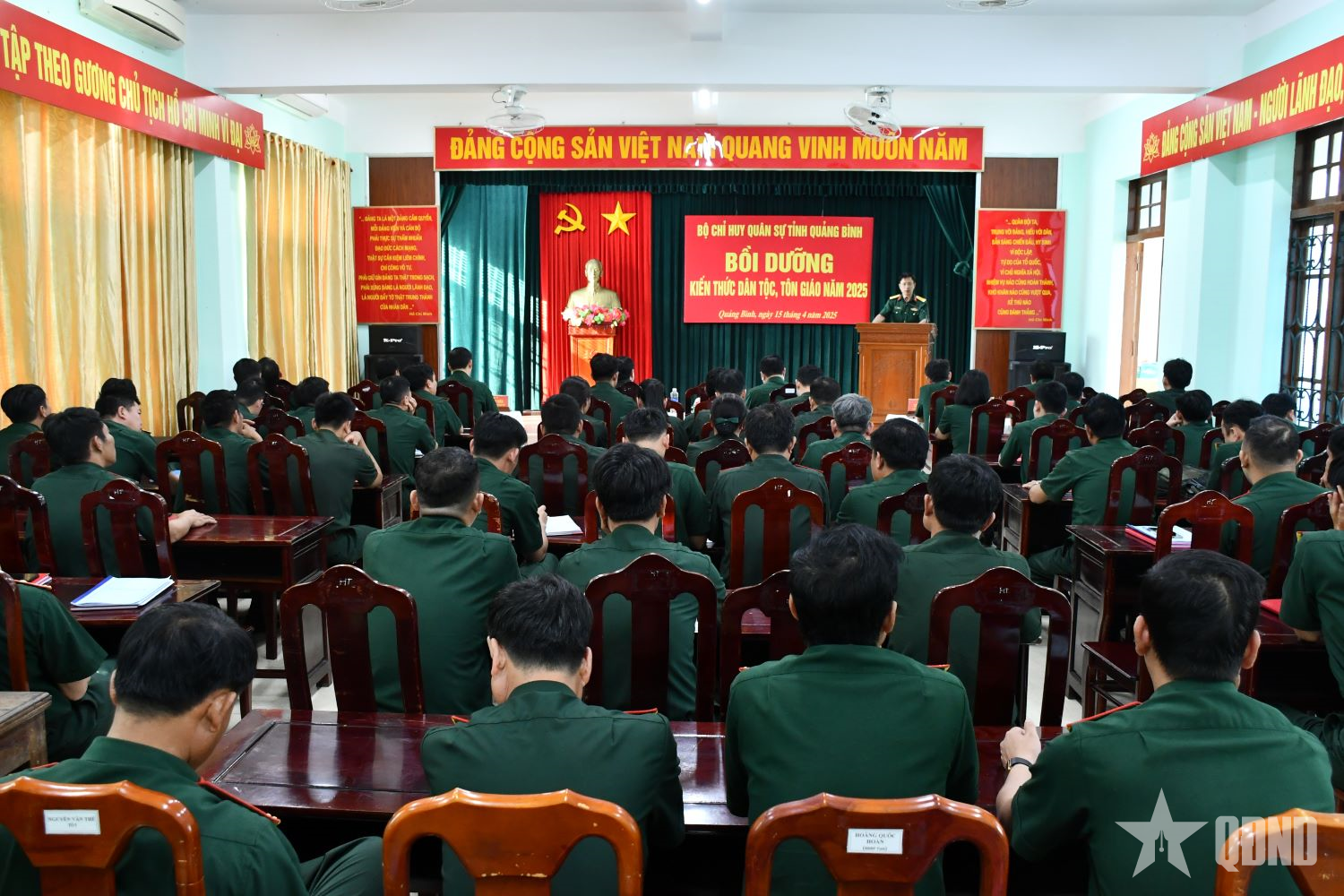













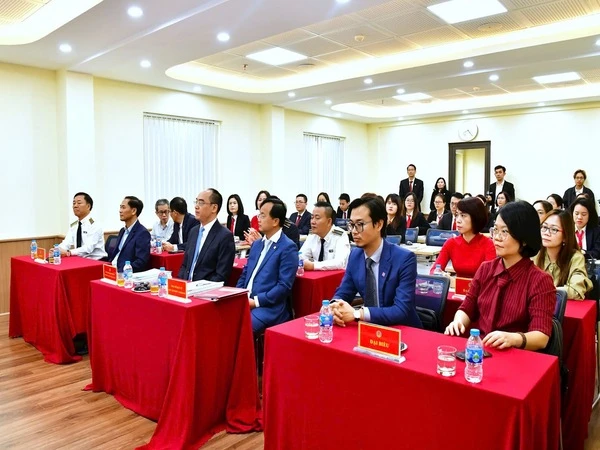



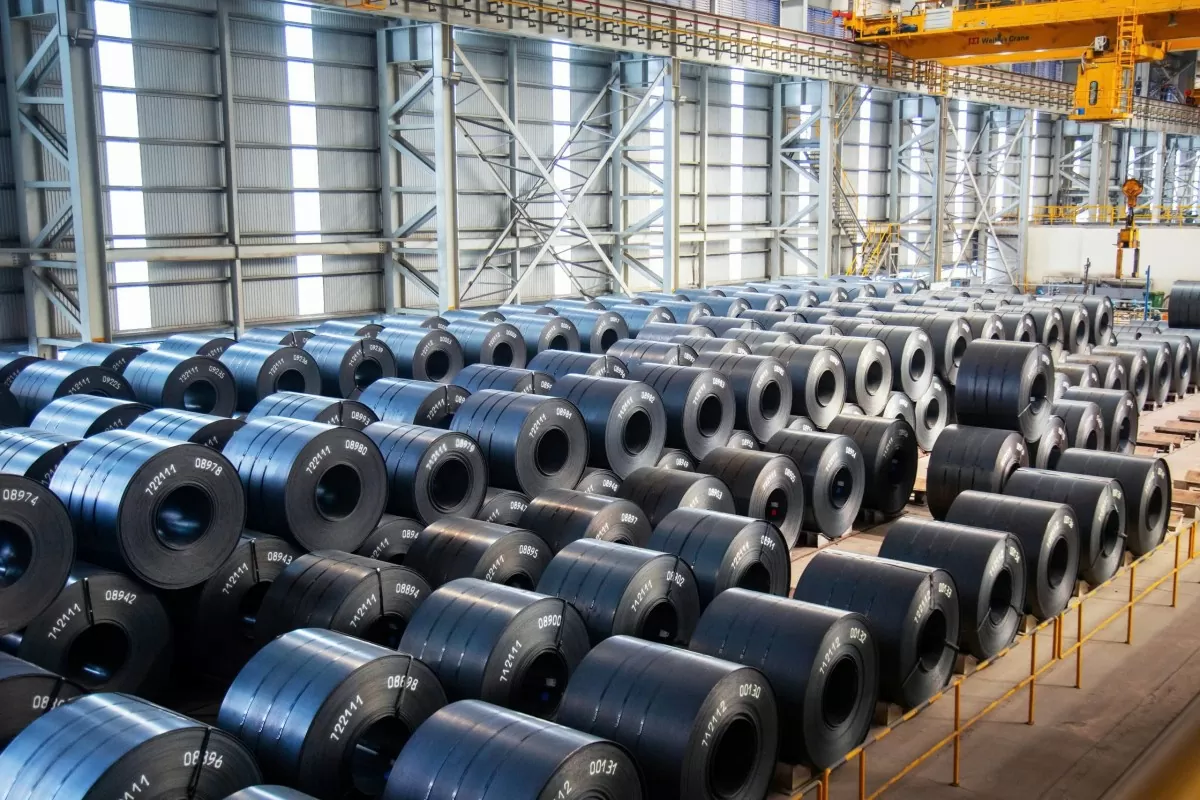





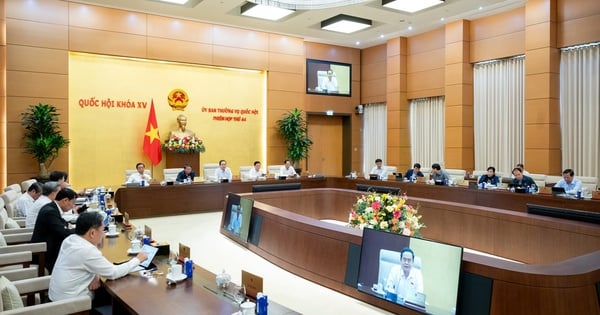




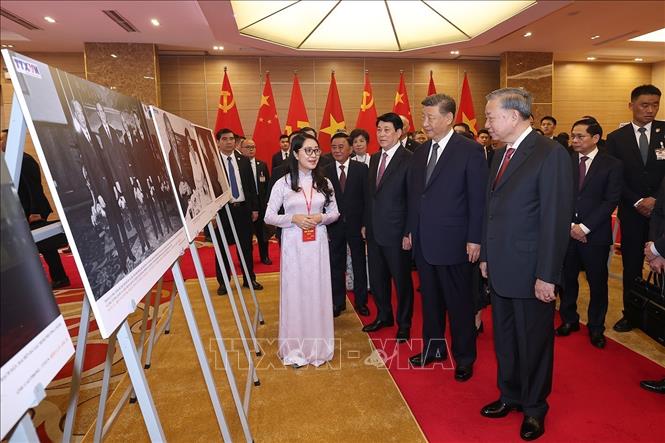



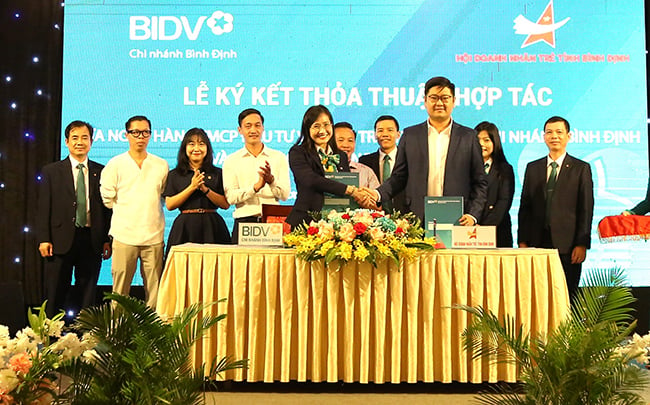





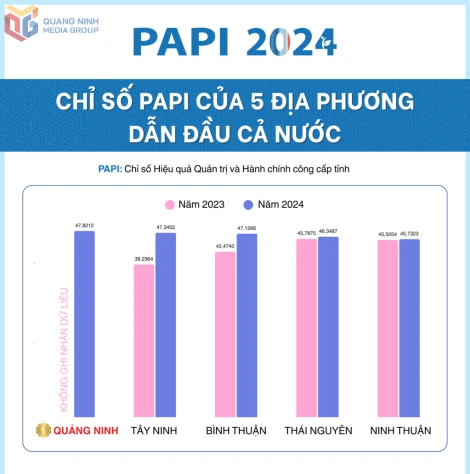



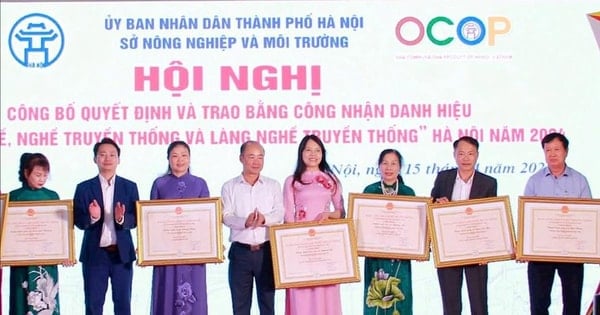







Comment (0)